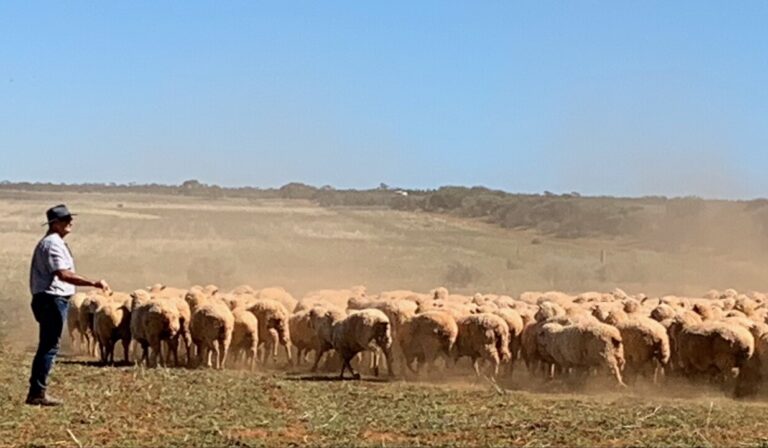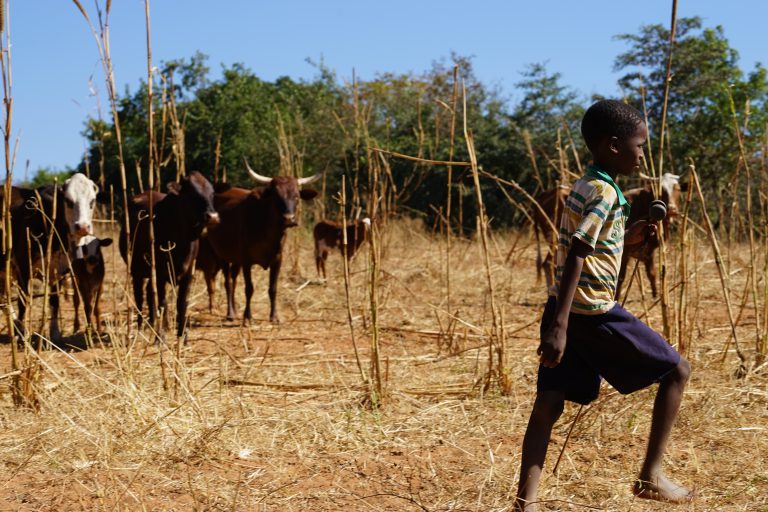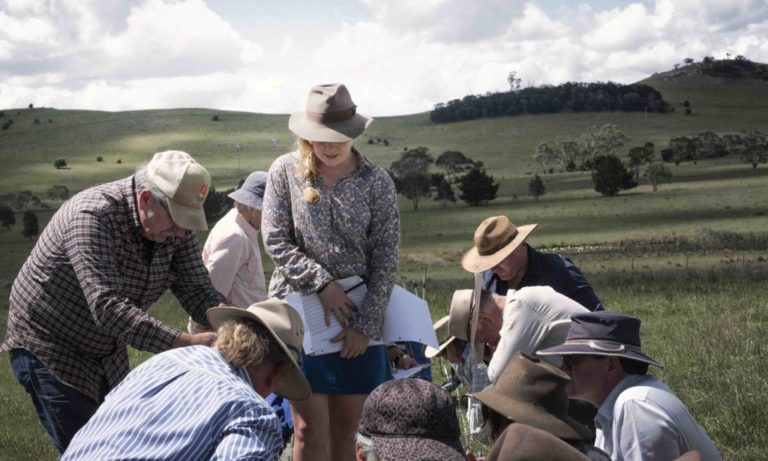
Becoming a Holistic Management Educator
A newly-accredited Holistic Management educator shares her experience

A newly-accredited Holistic Management educator shares her experience

The partnership aims to improve rangeland management in Africa, Australia, and Brazil

By Victoria Kindred Keziah, Managing Director, Savory Institute Land to Market Program In recent months, we’ve been sharing news of our emerging Land to Market™
Get the latest news and events from the world of Holistic Management.

Savory Institute is a U.S.-registered 501(c)(3) non-profit organization. EIN: 45-4134319
Fonden The Savory Foundation is incorporated in Denmark. CVR-nr: 43597205
Land to Market is a U.S. public-benefit corporation with majority ownership by the Savory Institute. EIN: 88-2589299
We respect your privacy and will never spam or sell your information.
You can unsubscribe at any time.